How Fair Value Assessment Helps You Negotiate Better Supplier Deals
Fair value assessment has become one of the most important tools for businesses involved in global trade. Whether you are sourcing products from Asia, distributing FMCG goods across Africa, or managing wholesale inventory, understanding the true value of what you buy and sell is essential for profitability, compliance, and long-term growth.
For companies working in complex cross-border markets—where price fluctuations, currency movements, and quality variations are common—a clear and reliable fair value assessment can make the difference between a profitable shipment and a costly mistake. At Wigmore Trading, we work closely with importers, exporters, wholesalers, and retailers to help them make informed sourcing decisions across multiple product categories.
This article breaks down what fair value assessment means, why it matters, and how you can use it to strengthen your supply chain strategy.
What Is Fair Value Assessment?
Fair value assessment is the process of determining the true market value of a product or asset based on current conditions. It reflects what a knowledgeable buyer would realistically pay, and what a willing seller would reasonably accept.
In international trade, fair value is influenced by several elements:
-
Market demand and supply conditions
-
Product specifications and quality levels
-
Comparable market prices in different regions
-
Currency exchange movements
-
Freight, handling, and insurance costs
-
Regulatory or compliance requirements
Unlike a simple price comparison, fair value assessment considers the complete commercial reality surrounding a product. This is especially vital for businesses sourcing from multiple regions where quality, branding, and specification standards vary widely.
Why Fair Value Assessment Matters in Global Supply Chains
1. Avoiding Overpricing and Underpricing
Importers and distributors often struggle to determine whether a supplier’s quoted price is fair or inflated. Without benchmark data, it’s easy to commit to deals that reduce margins or lead to losses.
A structured fair value assessment gives you clarity and negotiation power.
2. Ensuring Compliance and Transparency
Many African markets now require importers to demonstrate fair and justifiable pricing—especially for essential commodities. Transparent fair value documentation ensures regulatory compliance and reduces the risk of disputes.
3. Managing Currency and Market Volatility
Global pricing can shift rapidly. When sourcing from regions like China, Turkey, the UAE, or Europe, exchange rate movements can distort perceived value. Fair value assessment highlights these risks and helps businesses make informed timing and purchasing decisions.
4. Improving Supplier Negotiations
When you understand benchmark pricing, you negotiate from a position of strength. Many of Wigmore Trading’s clients use our market intelligence reports to secure better terms and identify cost-saving opportunities.
5. Strengthening Financial Planning
Accurate fair value data is essential for budgeting, inventory valuation, and financial forecasting—especially for companies working with large volumes and tight profit margins.
How Wigmore Trading Supports Fair Value Assessment
At Wigmore Trading, we help businesses navigate complex global supply chains by providing transparent, evidence-based insights. Our team conducts fair value assessments across various product categories, including:
-
FMCG and packaged food items
-
Household goods and cleaning products
-
Cosmetics and beauty brands
-
Raw materials and industrial supplies
-
Beverages, wines, and spirits
-
Electronics and consumer goods
Here’s how we support clients:
1. Market Benchmarking
We compare supplier quotations against real market data, wholesale indexes, and regional pricing trends to identify fair value ranges.
2. Quality and Specification Review
Two products with the same name can have very different quality levels. We examine packaging, grade, brand influence, and technical specifications to determine true value.
3. Logistics and Cost Breakdown
Wigmore Trading evaluates freight, import duties, warehousing costs, handling charges, and lead times to give clients a complete landed cost picture.
4. Supplier Verification
Not all suppliers operate transparently. We verify supplier credibility, trade history, and compliance to ensure that pricing aligns with actual value.
5. Strategic Sourcing Support
Once fair value is determined, Wigmore Trading assists clients with:
-
Product sourcing
-
Bulk procurement
-
Consolidated shipping
-
Inventory distribution
-
Africa-wide delivery
Our goal is simple: help your business buy smarter and trade more efficiently.
Practical Steps to Conduct Your Own Fair Value Assessment
While professional support adds accuracy, there are several steps any business can take:
Step 1: Collect Multiple Supplier Quotes
Never rely on a single supplier price. Comparing multiple sources gives a clearer market baseline.
Step 2: Establish Comparable Specifications
Ensure that every quote matches in terms of:
-
Brand
-
Size
-
Origin
-
Packaging
-
Quantity
This avoids misleading comparisons.
Step 3: Review Historical Pricing Data
Look at price patterns over 6–12 months. This helps identify inflation, shortages, or seasonal changes.
Step 4: Factor in All Additional Costs
A product that seems cheap can become expensive once freight, duties, and handling are included.
Step 5: Use Independent Market Intelligence
Data from wholesale markets, trade associations, or companies like Wigmore Trading helps verify the accuracy of your assessment.
Step 6: Document Everything
Maintain a clear record of your assessments for audits, budgeting, and future sourcing negotiations.
How Fair Value Assessment Supports African and Emerging Market Traders
In markets where supply chain challenges and pricing inconsistencies are common, fair value assessment provides stability and confidence. Businesses benefit from:
-
Safer procurement decisions
-
Better control over profit margins
-
Reduced exposure to price manipulation
-
More transparent supplier relationships
-
Stronger negotiating leverage
Whether you are importing goods into Lagos, distributing FMCG across West Africa, or sourcing specialty products for retail outlets, understanding fair value is essential.
Wigmore Trading can help you build a fair and competitive pricing strategy.
Conclusion
Fair value assessment is more than a pricing exercise—it is a strategic method for protecting your margins, improving decision-making, and maintaining transparency in global trade. With accurate data and expert support, businesses can negotiate confidently, forecast effectively, and secure long-term growth.
If you need help evaluating supplier quotations, comparing market prices, or sourcing competitively from global markets, Wigmore Trading can help.
Contact Wigmore Trading today to streamline your sourcing.


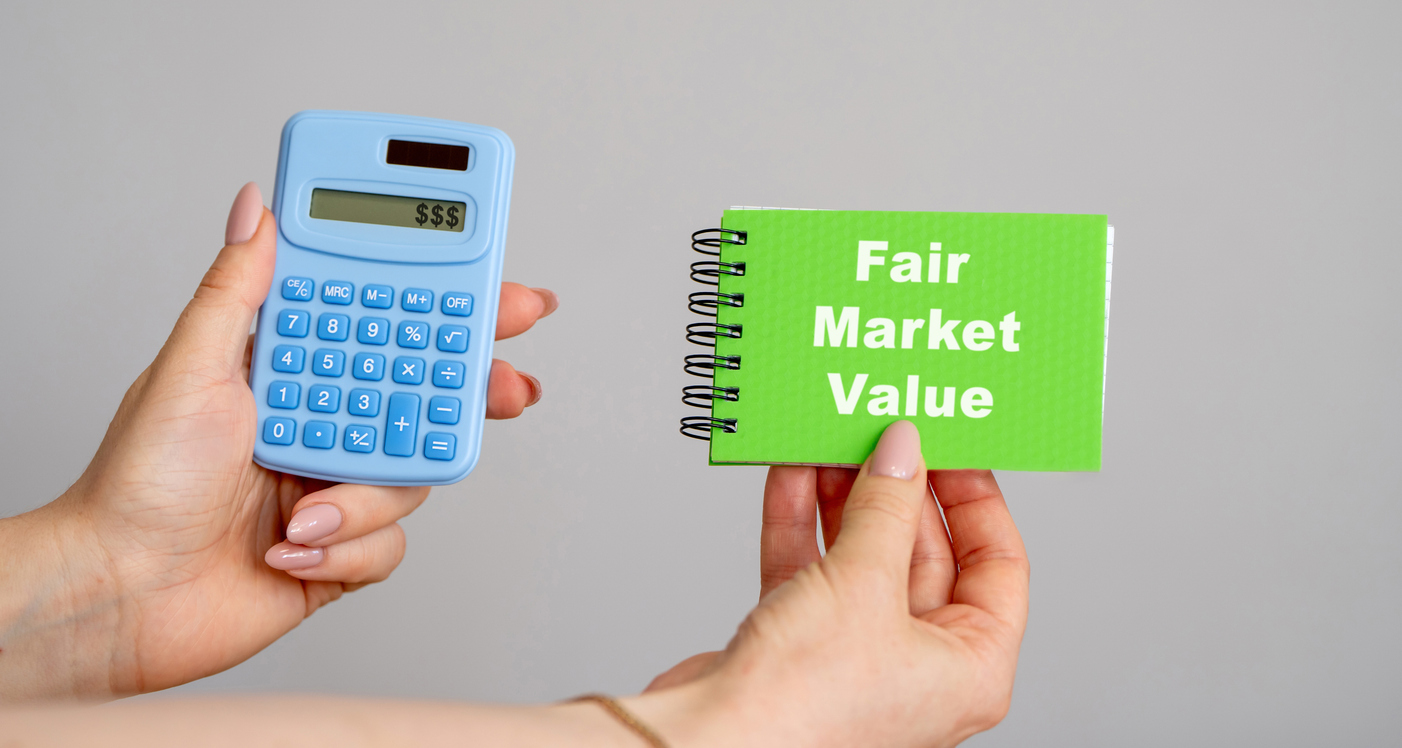
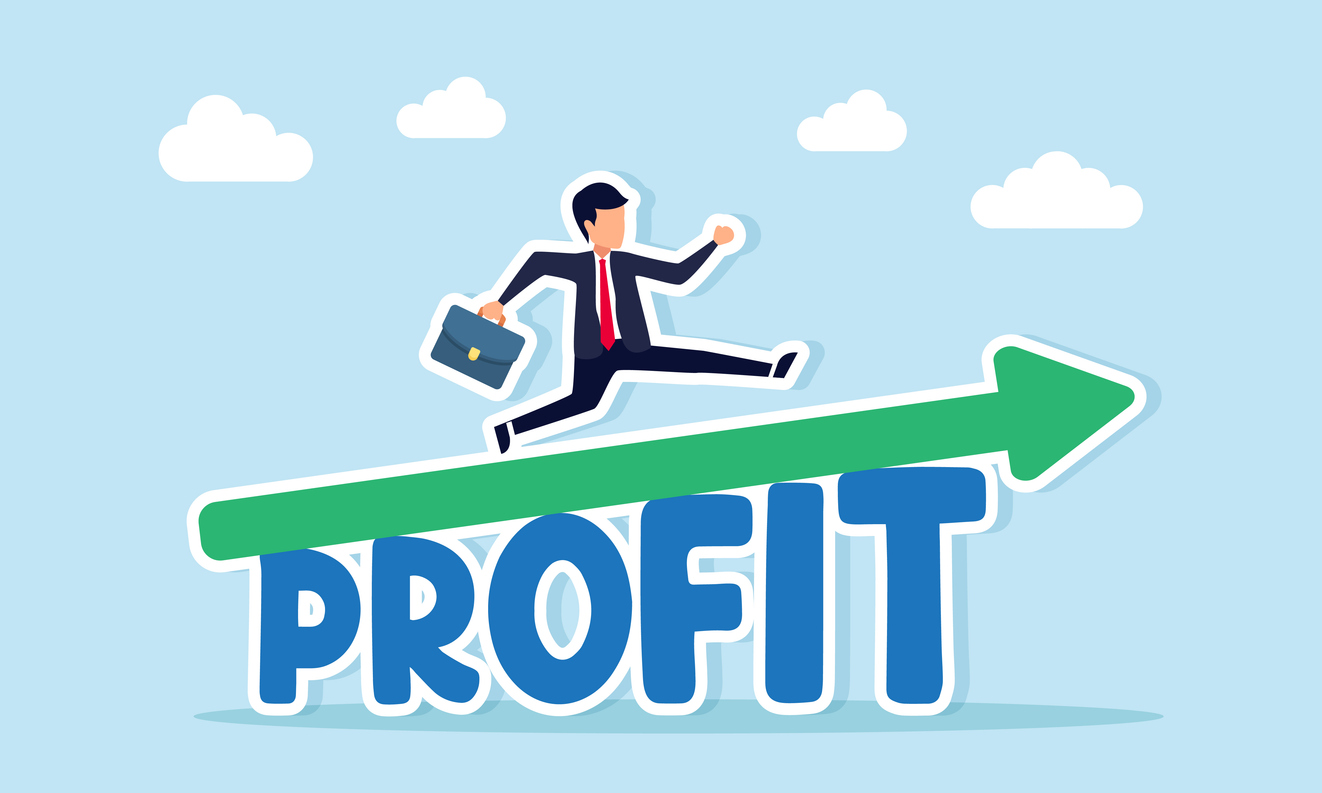
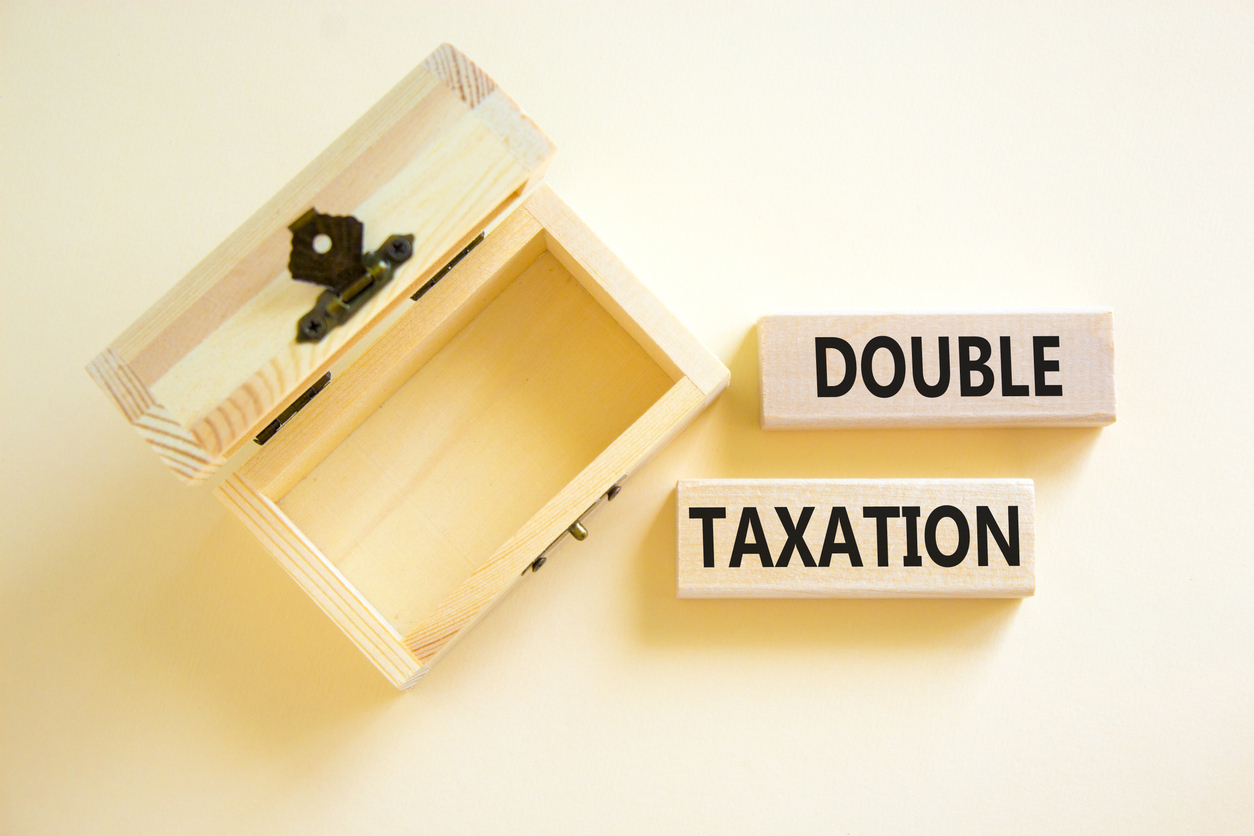
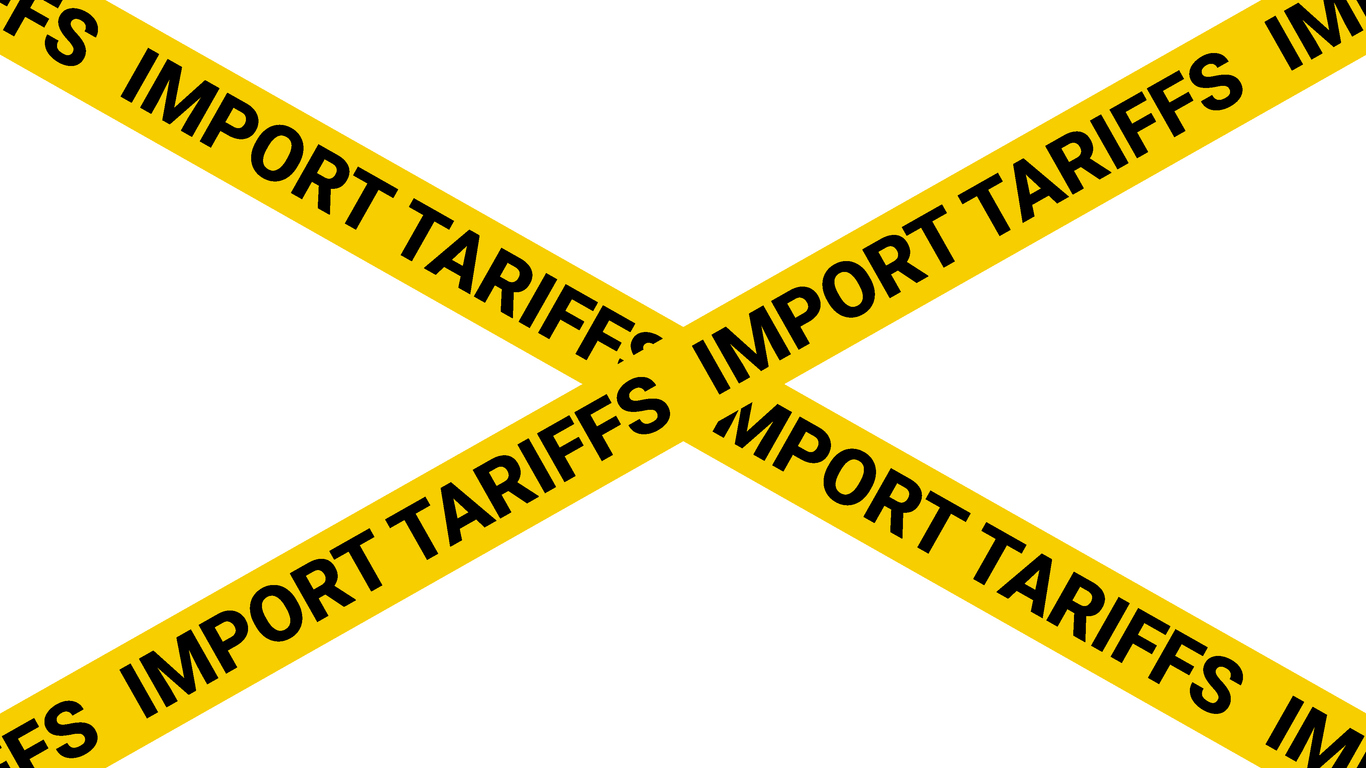
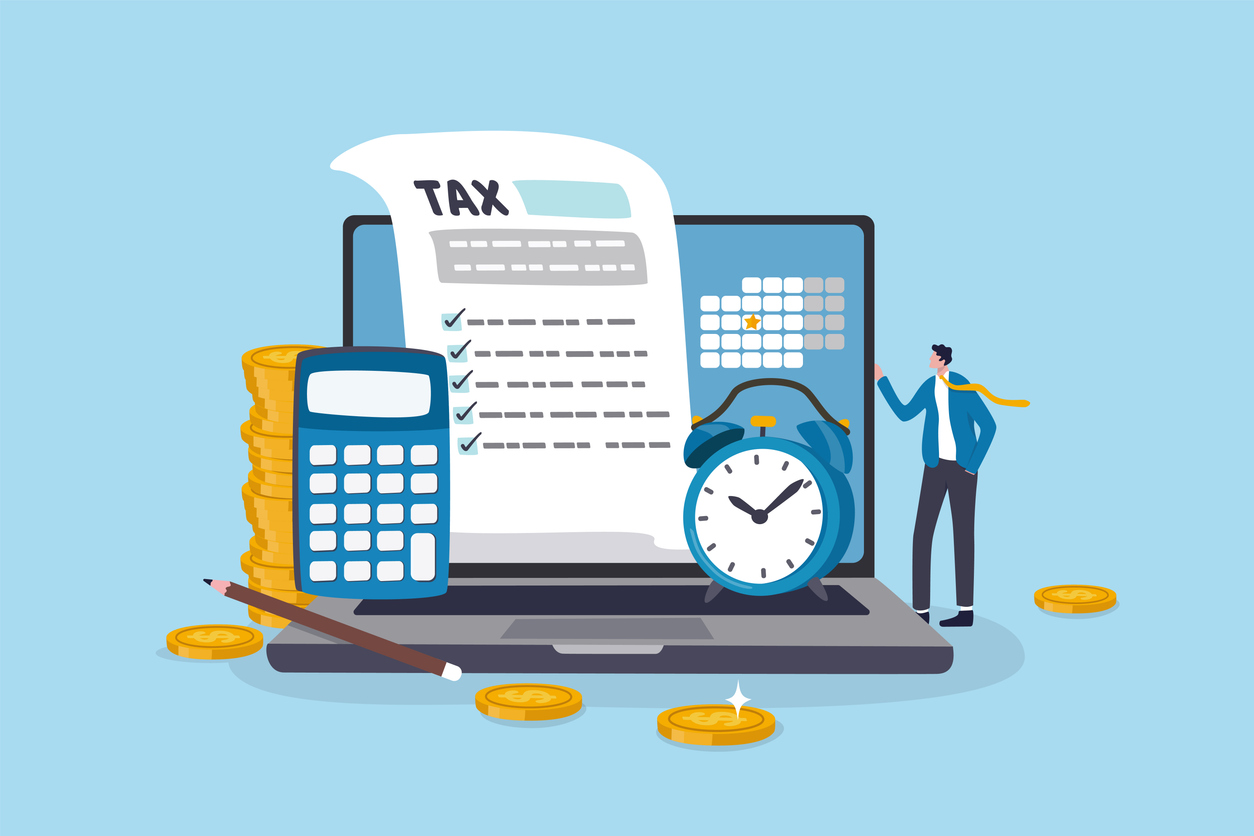
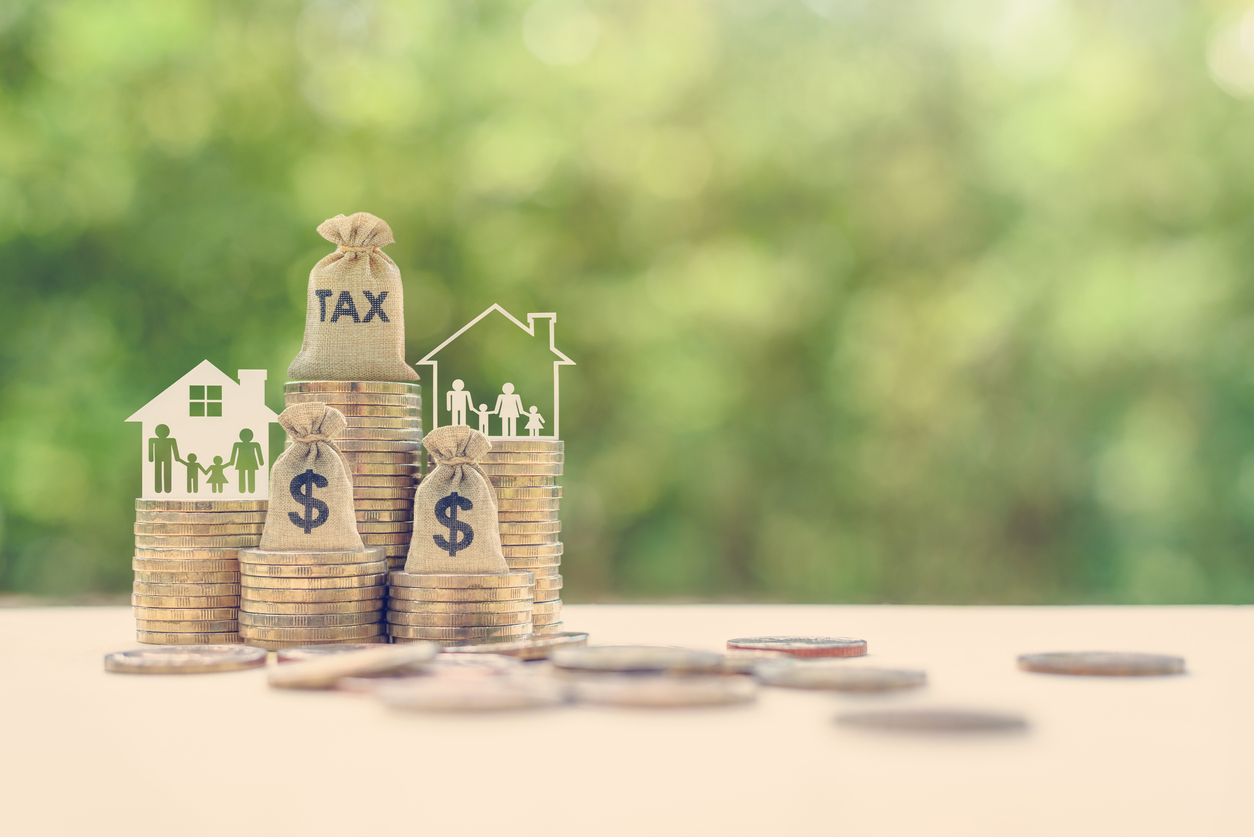
Comments are closed.